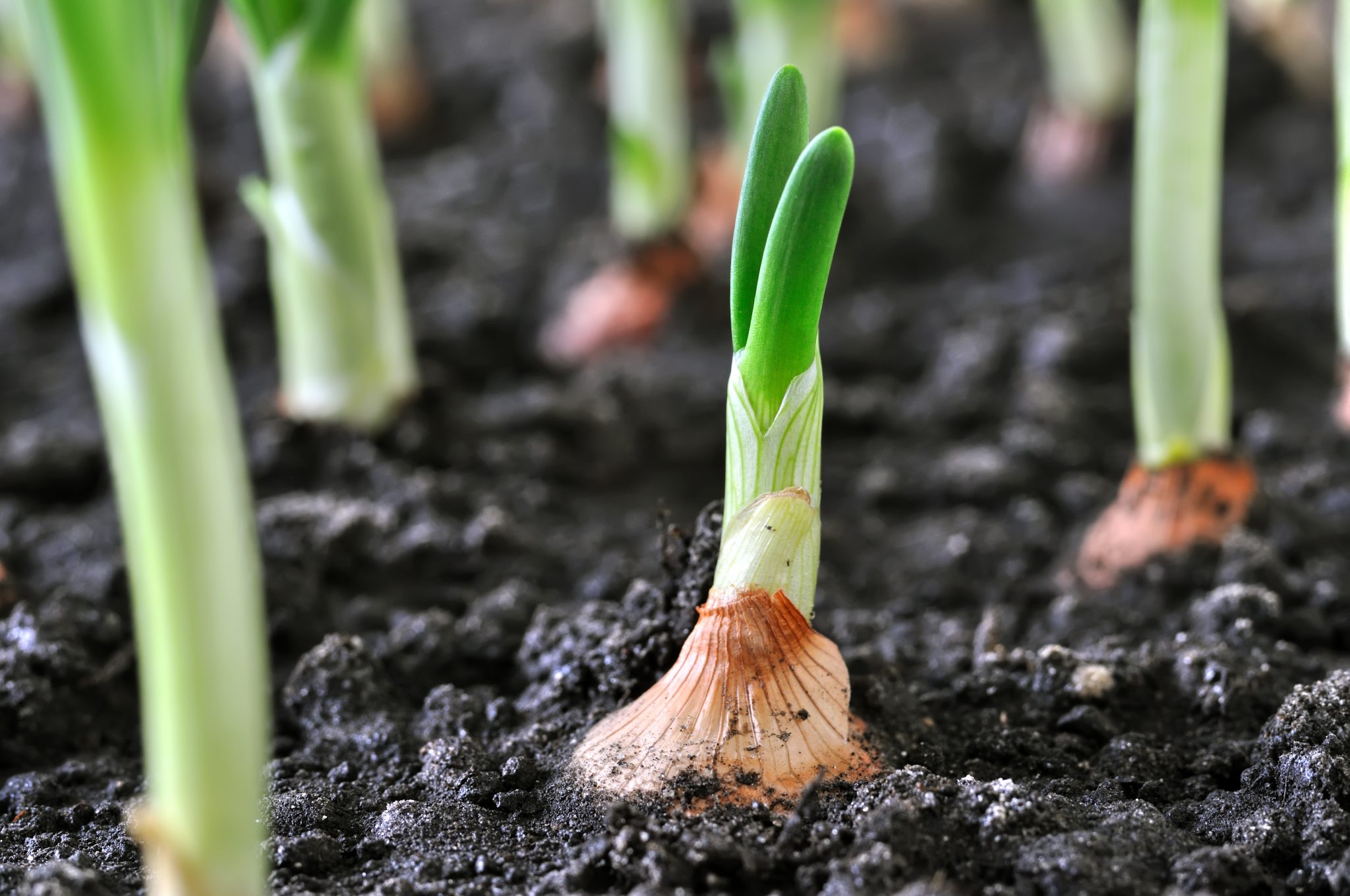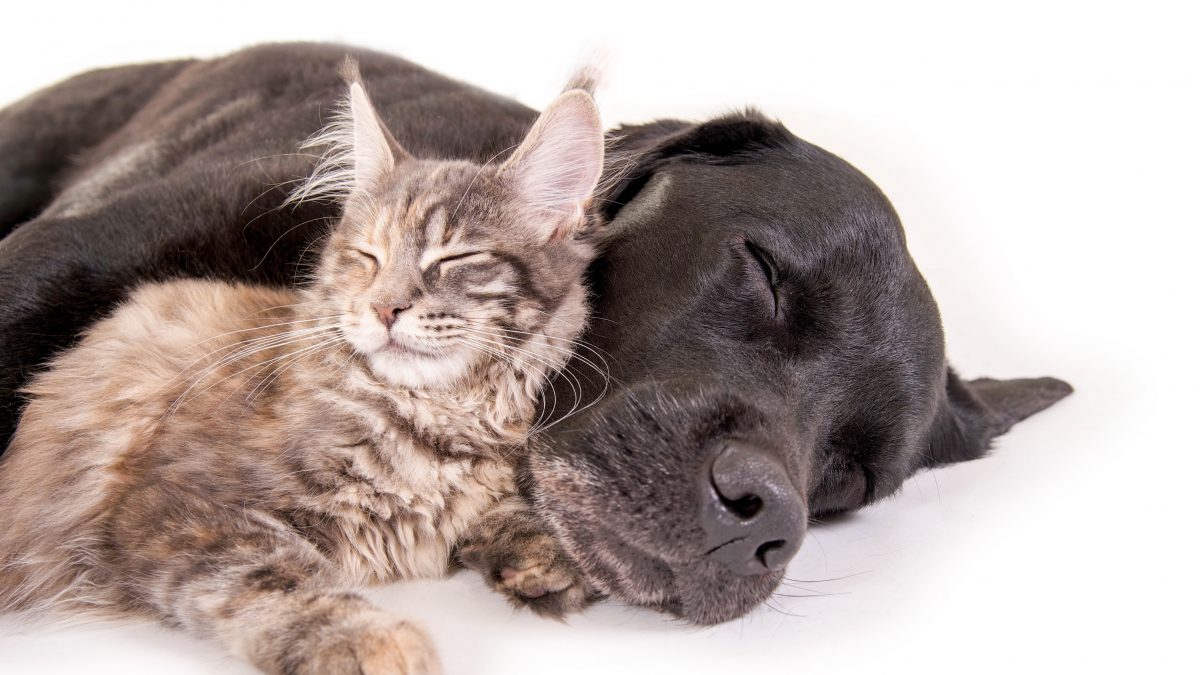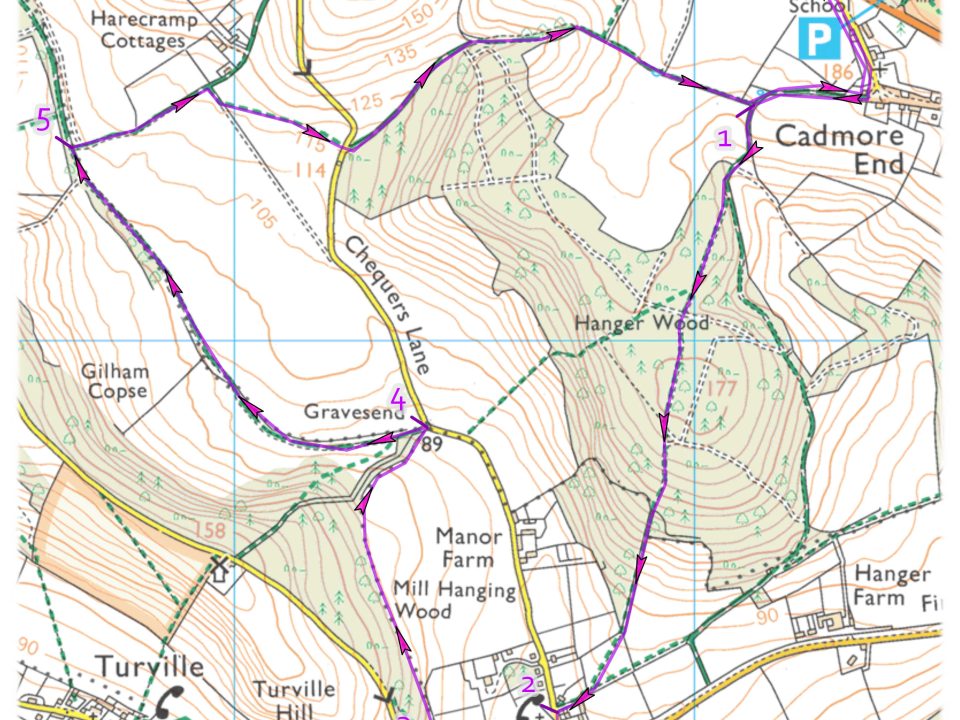
Ibstone Circle
February 28, 2019
Askett Nurseries
February 28, 2019By Fiona Mullan RVN
Like us, when animals get older, they start to slow down and are not able to do as much as they used to. But this doesn’t mean that old age should be boring, or that we should not treat or investigate certain ailments.
Exercise
Dogs may not be able to go for the long walk they used to, but exercise/play shouldn’t stop. Exercise is not only important for health, but for mental wellbeing too. Little and often is preferable rather than one long walk once daily, which could make them stiff, sore or lame afterwards.
Joint health will deteriorate with age, and arthritis is common, so discuss with your vet about joint supplements and pain relief to help keep them as mobile and comfortable as possible.
Cats also suffer with arthritis but they are very good at hiding signs. They can benefit from ramps to higher levels e.g. window ledges, so that they do not have to jump. Food bowls and beds should be easily accessible, and litter trays should be kept at floor level downstairs so they do not have to struggle with stairs. Joint supplements/pain relief again may be required.
It is also vital to keep your dog or cat’s nails trimmed when they are older, as they and more likely to overgrow, cause discomfort and reduce mobility further.
Diet
Older pets do not have the same energy and calorie requirements as younger pets, so we usually recommend switching cats and dogs to a ‘senior diet’ when they are approximately 8 years old. It is also vital to ensure they are not carrying excess load on the joints.
Dental disease
Many older pets have very bad teeth! It is common for owners to be reluctant about anaesthesia for dental procedures due to their age. Dental disease can be extremely painful and harmful to their health. Many pets will still continue to eat even though they are in pain so ensure you visit your vet for regular dental check-ups.
Anaesthesia in the older pet
All anaesthetic involves some risk to the patient. However with pre-op health checks, modern drugs, constant monitoring, intravenous fluids and pre-anaesthetic blood testing (checking kidney, liver function and a blood count) we are able to reduce these as much as possible, adjusting each anaesthetic to the individual patient. Your vet will be happy to discuss anaesthetic risks with you in more detail. As a general guide, animals over the age of 8 years should consider a pre-op blood test before an anaesthetic.




